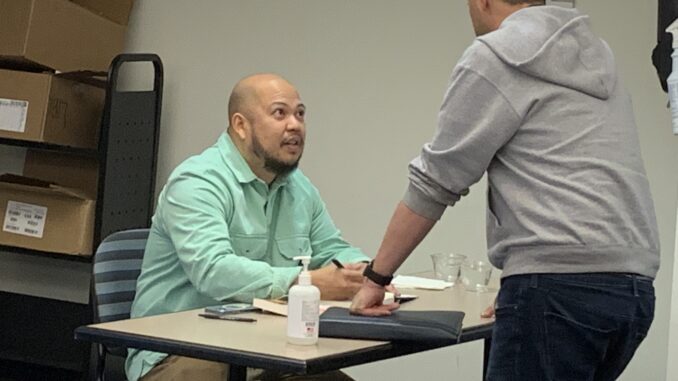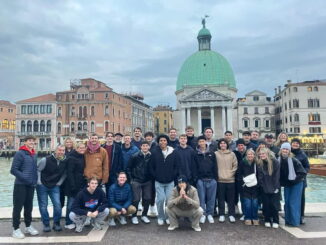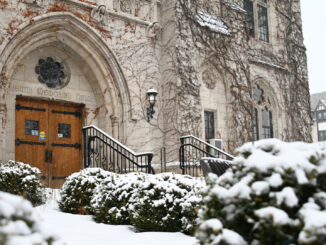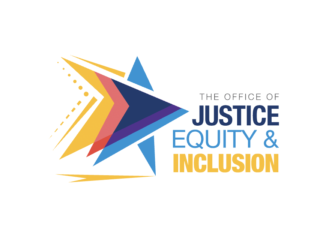
Enzo Alcedo
Contributing Writer
Anthony Ocampo visits Dominican to talk about the importance of stories. By talking about his experience as a Filipino American, he learned how Filipinos break the rules of race and expand the Latinidad identity.
Ocampo was the first in a series of speakers organized by University Librarian Estevan Montano. For the speaker series, the Crown Library invites different authors to Dominican University to talk about their books and what inspires them to write. Ocampo is a sociologist from California State Polytechnic University in Pomona who is specialized in the Asian American community.
At Dominican, Ocampo talked about both his experience of the American Dream as a Filipino American and a gay son of immigrants. In his presentation, The Latinos of Asia: Rethinking Race, Gender, and Education, Ocampo talked about the similarities between Filipino and Latino communities featured in his book with the same name.
Ocampo wrote about his research in Filipino American communities and their long history in America; where he argues that Filipinos are actually ‘Latin Asian’, despite being from a nation across the Pacific.
“He is integral in making the argument; but also bolstering the intersectionality of Filipino American with Latino Americans, and researching the commonality of both cultures and looking into that intersectionality,” Montano said.
All the seats were filled at the Springer Suite. Everyone held a free book as Ocampo talked about his experiences as a Filipino American and a gay son of immigrants.
Through his work he told stories that matter a lot to him. From his own stories in college, to friends that he knew for a long time, and stories about the bigger picture of race in America.
This is where he invited some audience members to talk about what they understand Filipino Americans. Filipino viewers get to talk about the Filipino and Latino similarities they notice, how they realized that Filipinos are the Mexicans of Asia, and even they’re own stories.
This includes spirituality. For example, a Catholic household with crucifixes on walls that hold multiple generations of families are associated with a Hispanic household; but the same can be said for Filipino American homes. Ocampo also listed linguistic similarities between Spanish and Tagalog, the Philippine national language (Cheese: Qeuso, Keso; Wednesday: miercoles, myerkules; July: Julio, Hulio).
Ocampo also told stories of gay immigrant sons, like those who saw academia as survival. Sons who understood their parents sacrifices as immigrants and work to pay them back. Sons who work to be accepted by their parents as gay men.
While the Filipino audience members were more than happy to talk about their experience, others were able to learn new things.
“It speaks a lot to student’s experiences.” said Latina student Gloria Goray, “It’s nice to hear somebody talk about their own experiences”
These are brand new stories to some of the audience. These new stories are essential to Ocampo, to him it’s these stories that create value in education. It’s his way to combat a single story and encourage others to tell the stories that need to be heard.
“I want them to know that all of their experiences counts as knowledge and don’t feel afraid to talk about it,” Ocampo said.
For more information on the Crown Library’s speaker series and future presentations, go to the Engage DU website on engagedu.dom.com.
ealcedo@my.dom.edu



